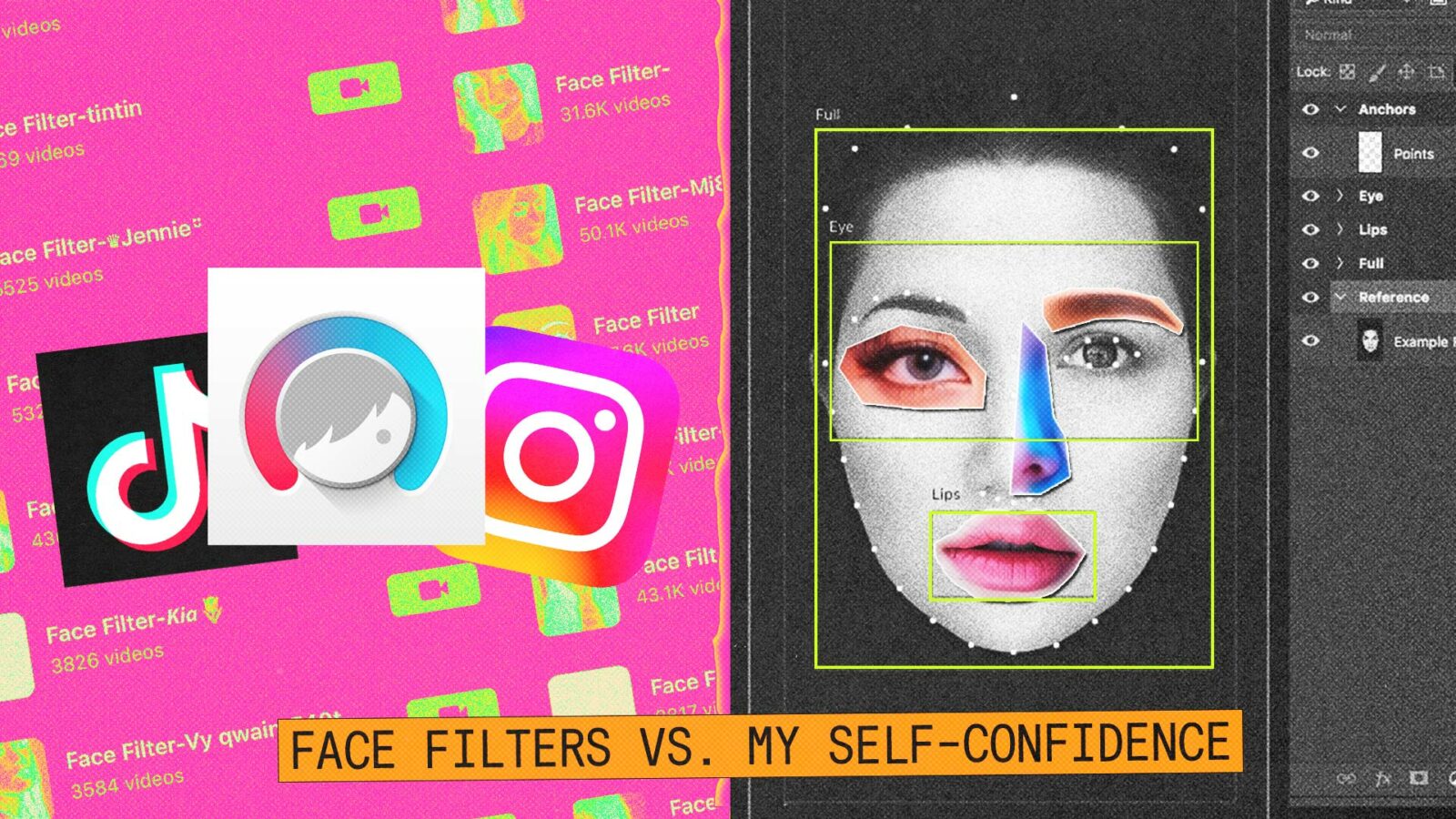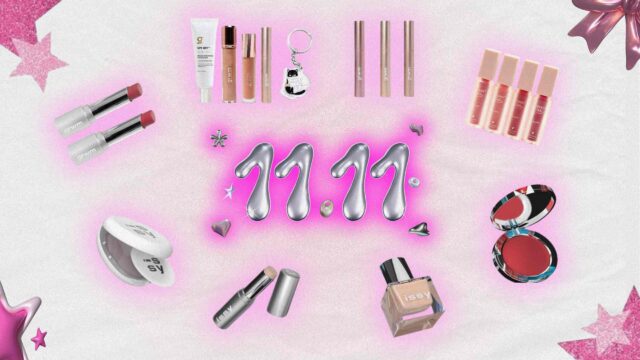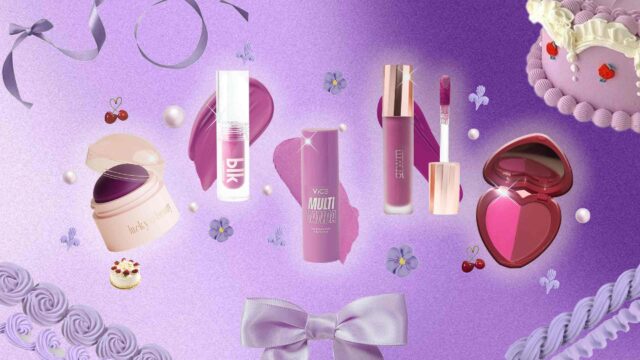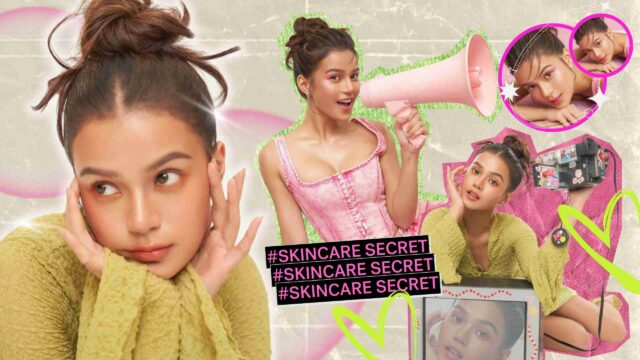I will not advise you to delete Facetune or go filter-free on your posts, but like anything else, it’s best to use photo editing in moderation.
Related: You’re Not the Best And That’s Okay: Here’s Why You Should Stop Comparing Yourself to Other People
Back then, face filters were fun and made for the carefree. Remember that ghost from Camera 360, the grids from Retrica, and Snapchat circa 2016? Those playful filters added a touch of ~personality~ to our photos, creating laughter and shared memories with friends. Fast forward to today, and it’s undeniable that as social media plays an increasingly significant role in our lives, the influence of editing apps and face filters cannot be overstated.
These once not-so-harmful features have evolved into a cultural phenomenon that extends beyond mere entertainment. They have become powerful tools for communication, self-expression, and personal branding in the digital age, shaping not only our selfies but also our online identities, our perception of reality, and our relationship with our body.
With Facetune at my fingertips, I must admit, I’ve been one of those who became dependent on photo editing for the sake of approval from strangers on social media. Ever since I started feeling insecure about my weight, my waistline, and my face shape, I recall spending hard-earned money on a subscription. That’s years of annual fees I won’t get back. But that’s the point, right? Facetune and TikTok face filters made me feel like that girl for a split second, until I had to look in the mirror. If you’re like me, here’s a reality check, and let’s start taking notes on the personal side effects that come with excessive enhancement of photos.
Unrealistic Self-Image
The hype around face filters and Facetune is all about that instant glow-up, right? A few swipes, and voilà, I’m serving the waistline and skin texture of an IG model. We’ve all been there, embracing the power of photo-editing tools to create that picture-perfect version of ourselves. But then, it gets tricky: seeing these edited images all the time has somehow set these unrealistic (and highly personal) beauty standards that mess with how I see my own body.
We live in a world where the line between who we present ourselves as on social media and who we are in real life blurs more each day. In the pursuit of being Insta-worthy, I obsessed over Facetune and photo enhancement tools that, at one point, I almost forgot what I truly looked like. I vividly recall that it was during a trip when reality came crashing back. A friend airdropped a few unedited photos of me, and that’s when the Filter Frenzy became too real. It was a moment of realization, serving as a reminder that our digital personas and real-life selves should coexist, without allowing one of them to overshadow the other.
Depleted Self-Confidence
The relentless pursuit of the picture-perfect image using Facetune has had a profound impact on my self-confidence. For those unfamiliar, there’s this little option at the bottom right corner of the app that reveals the before and after versions of your photo. Every time I click on it to ensure no pixel is out of place, I find myself in a perpetual tug-of-war. On one hand, there’s a sense of pride that I’ve mastered the art of editing, creating stunning photos that, in truth, feel far from reality. But on the other hand, there’s a nagging frustration that I actually don’t look like that, and I’m caught between these conflicting emotions.
When I first realized that I had the power to alter my photos to conform to these idealized standards, it was exhilarating. The likes, the comments, the validation, even from people I don’t like—they all became addictive. This depleted self-confidence is a direct consequence of relying on external validation, particularly from people who were, essentially, strangers.
Living for the Likes
The pressure to maintain that meticulously curated digital persona? It’s relentless, and it feels like an endless game. The more picture-perfect the image, the more those likes and comments roll in, and thus the vicious cycle of seeking validation continues. You see, those face filters and Facetune create this high-pressure environment where the reward is that momentary rush of ‘OMG, you’re stunning’ type of social media approval. It’s instant gratification, but it’s also incredibly fleeting, like a digital high that leaves you craving more.
It’s easy to feel like I’ve tied my self-worth to my data analytics and engagement metrics, letting the number of likes and comments define how I perceive myself. It’s a dizzying, sometimes soul-crushing ride.
No Truths, All Lies
Back in my student days, I can recall girls from the batches below me sliding into my DMs, saying how I had boosted their self-confidence. It felt amazing to realize that I’d become a role model for them, and honestly, I wished I had someone like that to look up to when I was their age. But here’s the kicker — it was a total wake-up call when I realized that the person who had inspired them to become confident in their skin is someone who has no confidence at all.
I’ve always been well aware that social media is fake. But it’s a whole different level of frustration when you’re the one behind the curtain, creating and feeding the illusion. I mean, trusting the whole process of taking photos, playing around with color grading, and finding those angles for that perfect shot is one thing. Then it’s a whole other thing when you’re morphing your face, widening your hips, and smoothing your skin through Facetune. The pressure to maintain that Instagram feed takes a toll, and the line between real life and the carefully constructed persona starts to blur. It can leave you wondering, who am I, really? It’s a trip down the rabbit hole of self-identity in the digital age.
Social Media vs. My Reality
My life through the world of Facetune, face filters, and the quest for a picture-perfect image has been quite the ride. I’ve tried these digital tools, the relentless pursuit of validation, and the challenges they pose to my self-esteem and self-identity.
What I’ve learned recently is that while these technologies can alter my photos, they shouldn’t define my self-worth. It’s never too late to embrace self-acceptance and self-love, to recognize that genuine confidence isn’t rooted in the approval of strangers or the pursuit of fleeting ‘likes.’ The silver lining? Entering the era of self-identity and authenticity in the digital age is a process, and you have the power to reclaim that sense of self. In a world where pixels and face filters reign, remember that real beauty and self-worth are far from the phone screen.
Continue Reading: Here Are 7 Small Beauty Business Ideas for Every Gen Z Girlie





